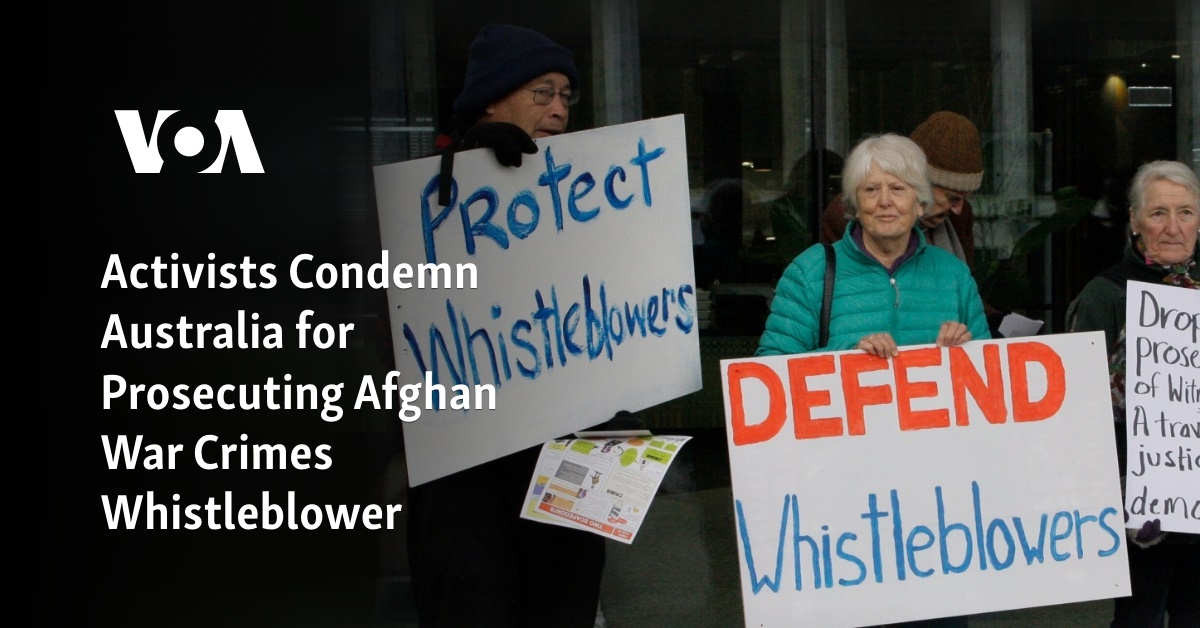
A voter fills out a ballot during the general election in Nkandla, Kwazulu Natal, South Africa, Wednesday, May 29, 2024. South Africans are voting in an election that is considered their country's most important in 30 years and could take them into uncharted territory in the short history of their democracy: The African National Congress party's three-decade dominance is the target of a new generation of discontent in a country of 62 million people — an estimated half of whom live in poverty. (AP Photo/Emilio Morenatti)
JOHANNESBURG (AP) — The African National Congress party lost its parliamentary majority in a historic election result Saturday, putting South Africa on a new political path for the first time since the end of the apartheid system of white minority rule 30 years ago.
With more than 99 percent of the votes counted, the once-dominant ANC received just over 40 percent in Wednesday's election, well below the majority it has held since the famous all-race election of 1994 that ended the apartheid regime and brought it to power under Nelson Mandela. The final result has yet to be officially declared by the independent electoral commission that conducted the vote, but the ANC cannot cross the 50 percent mark.
At the start of the election, the Commission said it would officially announce the result by Sunday, but it could happen sooner.
While opposition parties celebrated the result as a significant breakthrough for a country struggling with deep poverty and inequality, the ANC remained by far the largest party. However, it will now likely have to look for one or more coalition partners to stay in government and re-elect President Cyril Ramaphosa for a second and final term. Parliament elects the South African president after national elections.
“South Africa can only be saved if we break the ANC majority, and we have done that,” said opposition leader John Steenhuisen.
The road ahead is likely to be complicated for Africa's most advanced economy, and a coalition is not yet in sight.
Steenhuisen's Democratic Alliance party received around 21 percent of the vote. The new MK party of former President Jacob Zuma, who turned against the ANC he once led, came third in its first election with just over 14 percent of the vote. The Economic Freedom Fighters came fourth with just over 9 percent.
More than 50 parties contested the election, many of them with tiny shares of the vote, but the DA and MK appear to be the most obvious candidates for the ANC, as they are far from a majority. What coalition the ANC will seek is now the pressing question, as Parliament must meet and elect a president within 14 days of the final election results being officially announced. There are numerous negotiations ahead, and they are likely to be complicated.
Steenhuisen has said his centrist party is open to talks. The MK party said one of its conditions for a deal was that Ramaphosa be removed as ANC leader and president, underscoring the bitter political struggle between Zuma, who resigned as South Africa's president in 2018 amid corruption allegations, and Ramaphosa, who replaced him.
“We are ready to negotiate with the ANC, but not with Cyril Ramaphosa’s ANC,” said MK party spokesman Nhlamulo Ndlela.
MK and the left-wing radical Economic Freedom Fighters have called for the nationalisation of parts of the economy. The Democratic Alliance is considered a business-friendly party and analysts believe that a coalition between the ANC and DA would be more popular with foreign investors. However, it is questionable whether it is politically feasible, given that the DA has been the main opposition party for years.
A coalition between the ANC and DA “would be like a wedding between two drunks in Las Vegas. It will never work,” Gayton McKenzie, leader of the smaller Patriotic Alliance party, told South African media.
Despite all the uncertainty, South African opposition parties welcomed the new political situation as a much-needed change for the country of 62 million inhabitants, which is the most developed in Africa but also one of the most unequal countries in the world.
South Africa is plagued by widespread poverty and extremely high unemployment. The ANC is struggling to raise the living standards of millions of people. The official unemployment rate is 32 percent, one of the highest in the world. Poverty particularly affects blacks, who make up 80 percent of the population and have been the core of the ANC's support for years.
The ANC has also been blamed – and now punished by voters – for the failure of basic government services, affecting millions of people and leaving many without water, electricity or adequate shelter.
Almost 28 million South Africans were registered to vote and voter turnout is expected to be around 60 percent, according to the independent electoral commission.
___
Imray reported from Cape Town, South Africa.
___
AP Africa News: https://apnews.com/hub/africa






Recent Comments